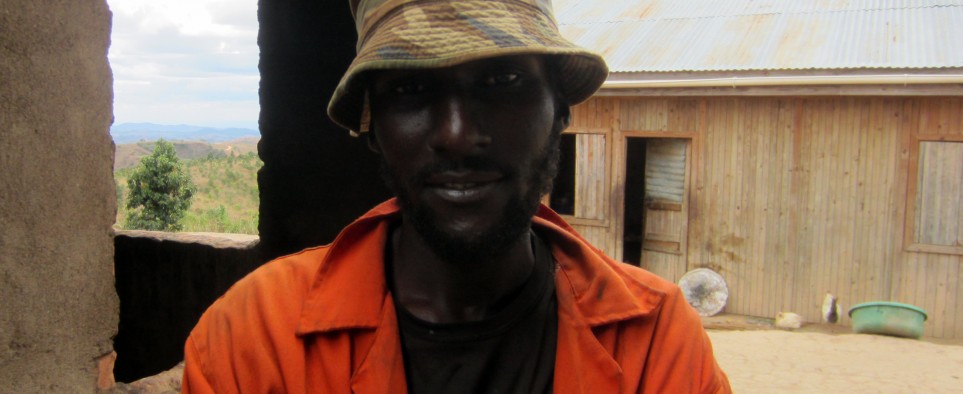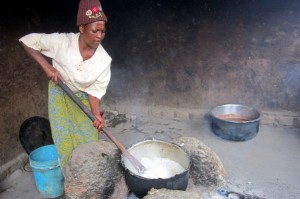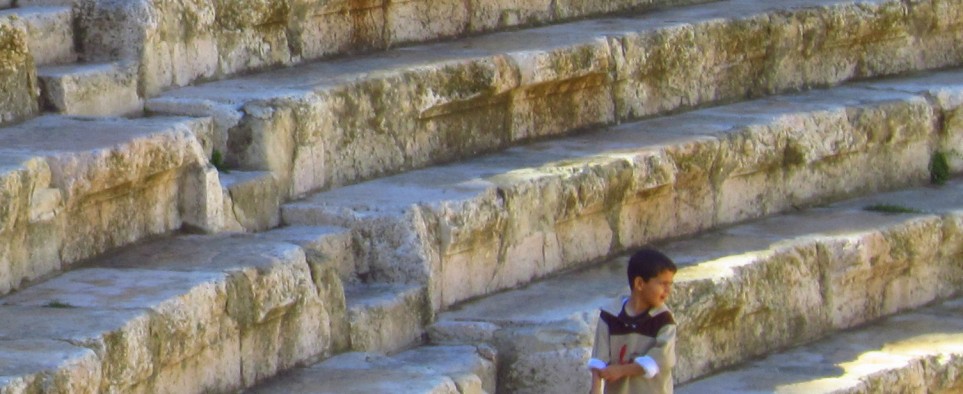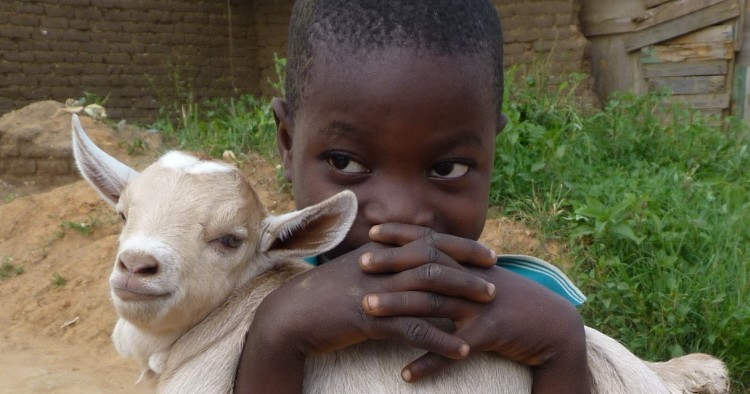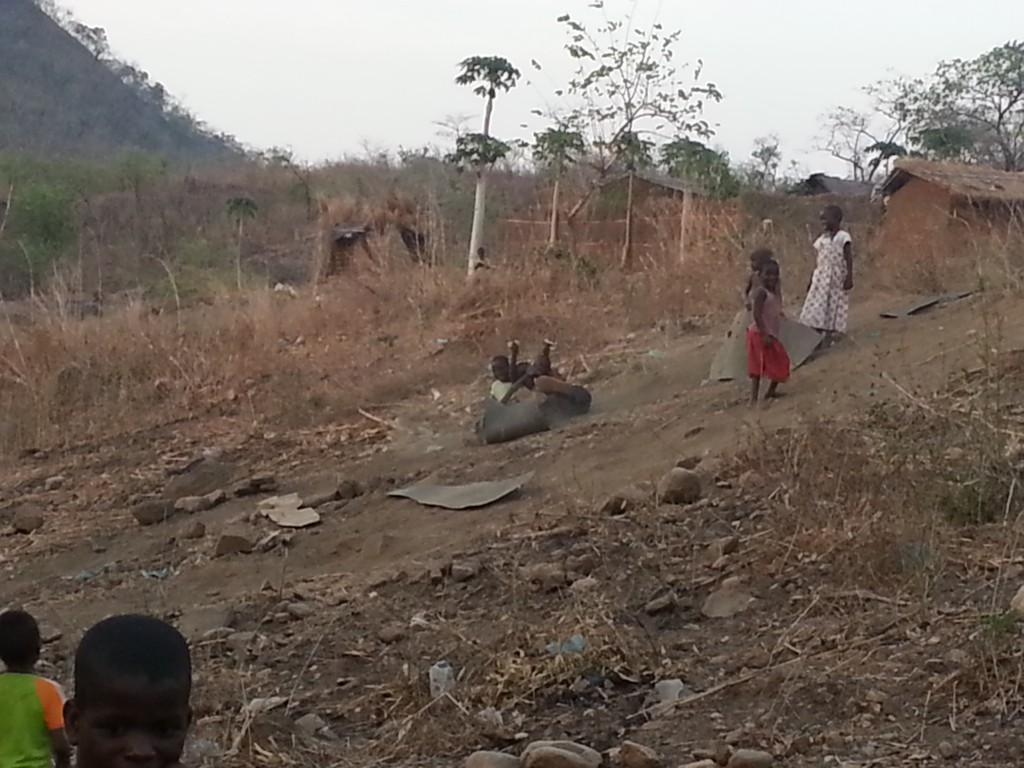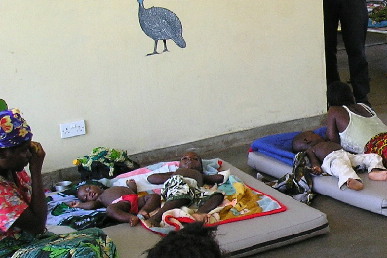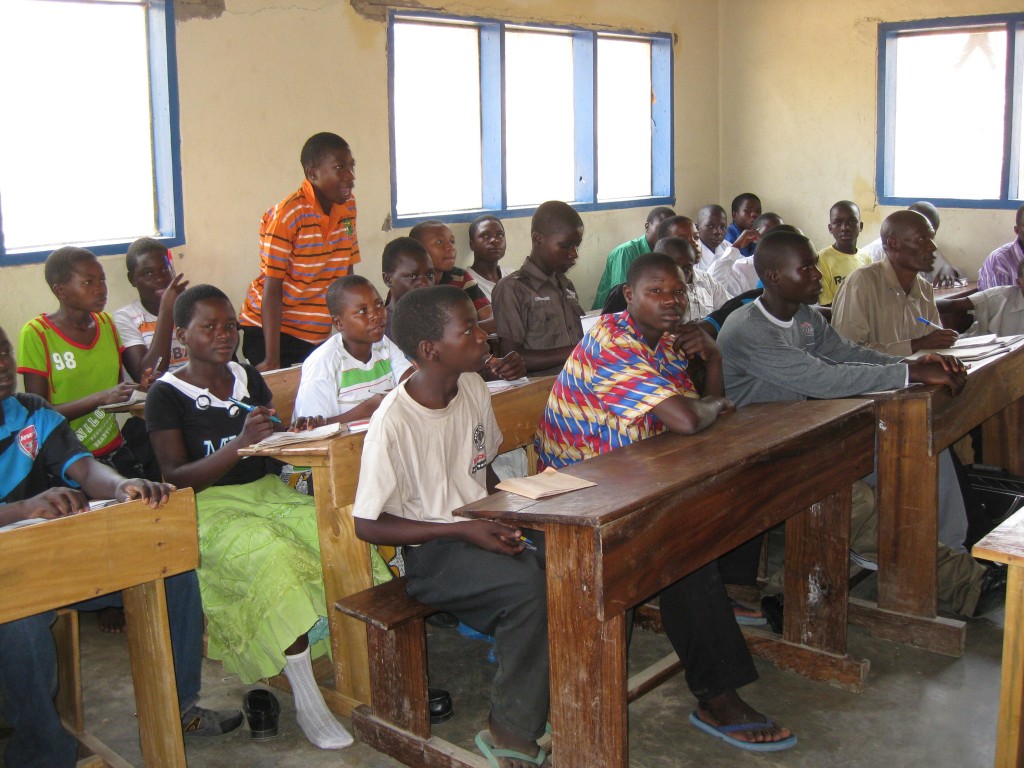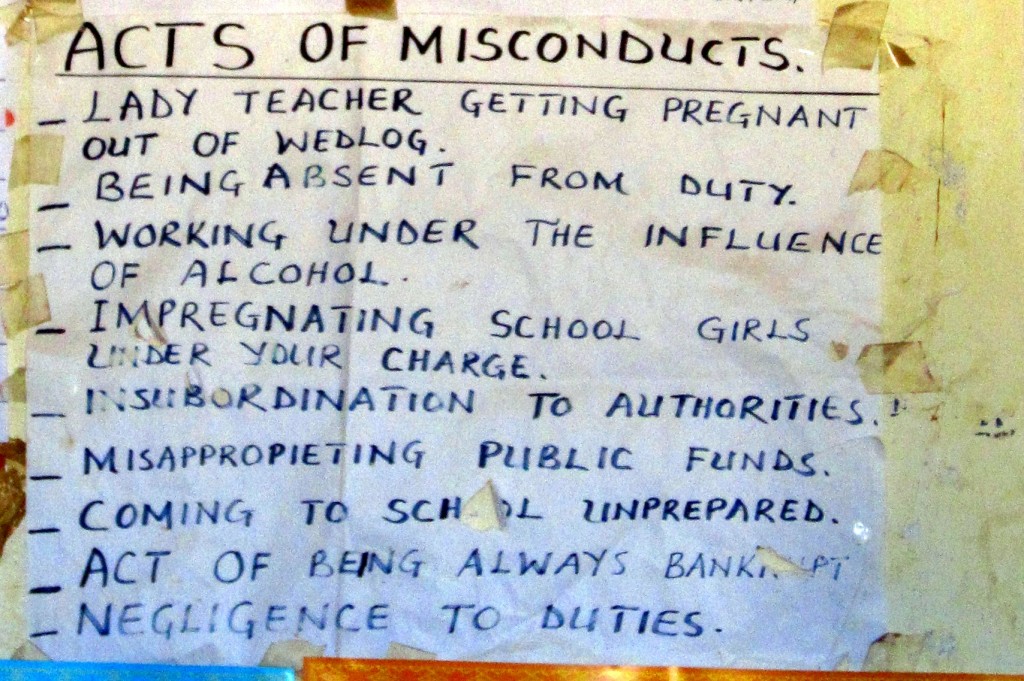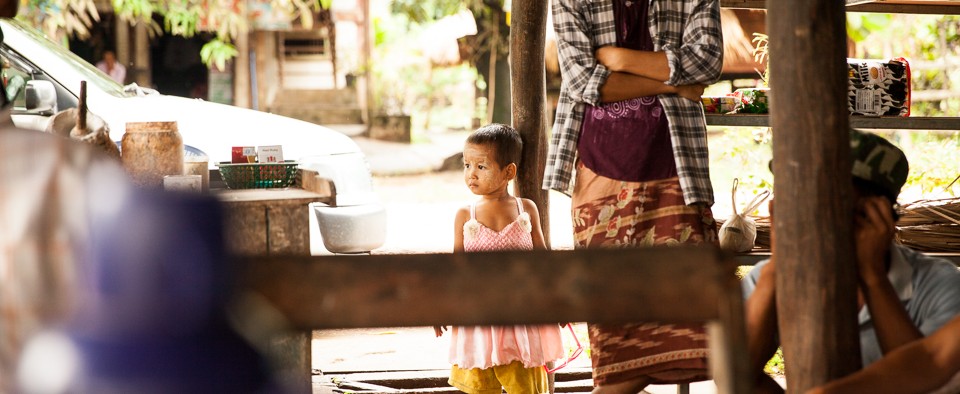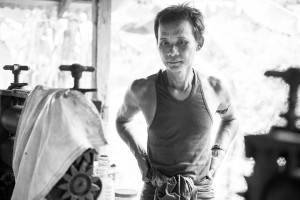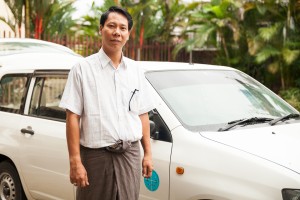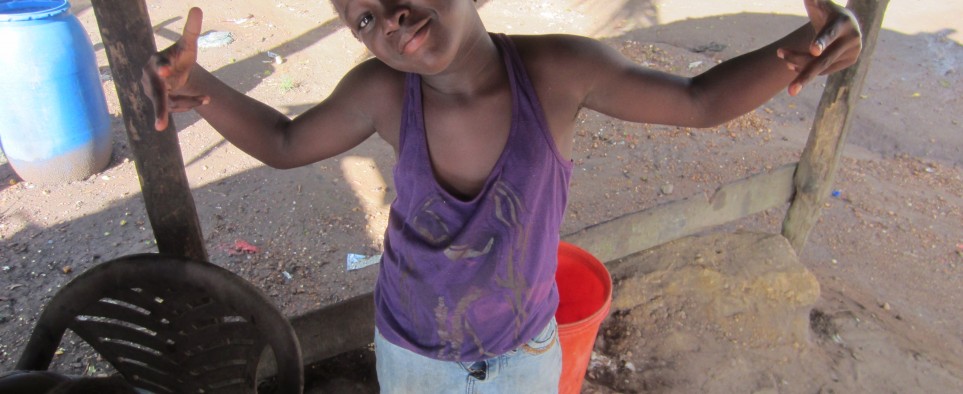Companies pay consultants for one-off assessments that can be put on a shelf and forgotten. As a nonprofit funded by individuals like you, NomoGaia can not only publish the human rights impact assessments we conduct, but we have donor funds to conduct follow-up monitoring to track changes in human rights conditions over time.
This year we carried out our fourth monitoring mission at a Green Resources plantation in Tanzania. In 2008 we found that wages were too low, housing conditions were too poor, and union busting was too rampant to meet human rights standards. We’ve found steady improvements every year since then.
Conditions in local villages have improved markedly with our recommended wages increases. The lucrative forestry industry has brought new political power to the people of Uchindile, which they are using to secure improvements in schools, water access and other infrastructure. Housing conditions remain a challenge for workers living in dormitories – dormitories evaluated in previous years now meet human rights standards, but Green Resources’ newest dormitories are host to some of the same human rights violations that characterized previous assessments. The company has committed to make changes. As ever, monitoring will allow us to validate that commitment.
Read about it here!
Donate here!
Shop at Amazon and make Amazon donate!
Buy Scopello wine and make Bellus donate!


